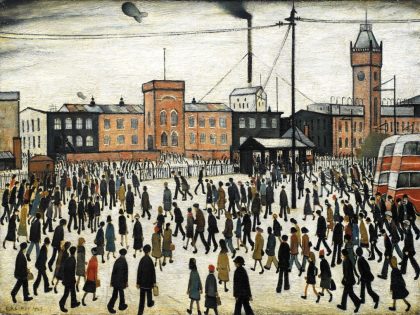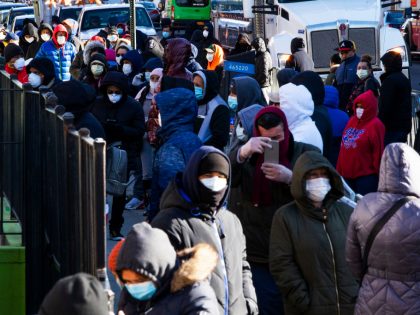
Socialists Must Aim for More Than Redistribution
Beyond the basic project of redistribution lies a more ambitious undertaking: What if we could collectively decide what society produces, instead of letting market logic dictate our needs and desires?
Daniel Zamora is a postdoctoral sociologist at the Université Libre de Bruxelles and Cambridge University. His book, Le Dernier Homme Et La Fin De La Révolution: Foucault après Mai 68 (The Last Man and the End of the Revolution: Foucault After May 68) coauthored with Mitchell Dean, was published in English by Verso in 2020.

Beyond the basic project of redistribution lies a more ambitious undertaking: What if we could collectively decide what society produces, instead of letting market logic dictate our needs and desires?

From immersive art to personal essays and first-person novels, our culture is obsessed with the idea of individual experience. Anna Kornbluh, the author of Immediacy: Or, The Style of Too Late Capitalism, spoke to Jacobin about why.

Class dynamics continue to dictate who has access to an unstigmatized gay identity — and to exclude many working-class people from participating in mainstream gay life.

What have three decades of market reforms meant for the world’s largest working class?

Liberalism is often presented as a loose set of principles like reason, freedom, and the rule of law. But over almost two centuries, the Economist has provided a window into the dominant strand of liberalism in action — with imperial conquest and undemocratic regimes defended in the name of upholding “free trade.”

The Spanish flu of 1918 infected a quarter of the world population and was decisive to the rise of public health-care systems. Today’s COVID-19 crisis is again showing that collective problems demand collective solutions — and a state that provides for all our essential needs.

Right-wing neoliberalism’s assault on the very idea of society laid the groundwork for today’s right-wing nationalist backlash. But the Left’s hands aren’t entirely clean either.

In the emerging neoliberalism of the 1970s, Michel Foucault saw the promise of a new social order, more open to individual autonomy and experimental ways of living. That’s not how things turned out.

Neoliberalism replaces the citizen with the consumer — pushing people out of political life and into the marketplace.

Since Occupy Wall Street, “inequality” has emerged as a central theme of progressive politics. Is that a good thing?

Le Monde Diplomatique’s Serge Halimi dissects the collective suicide of France’s center-left — and how its new far left can pick up the pieces.

A universal basic income would shore up the market. We need ideas that shrink it.
Adolph Reed on assumptions about black voters, the legacy of the Sanders campaign, and the task ahead.
The politics of The Hunger Games series aren’t as revolutionary as they’ve been hyped to be.
André Glucksmann died last month. Why did he and so many other French intellectuals turn to the right after May 1968?

Foucault was not asking the “right questions.” And the answers he came up with helped disorient the Left.

Late in life, Michel Foucault developed a curious sympathy for neoliberalism.